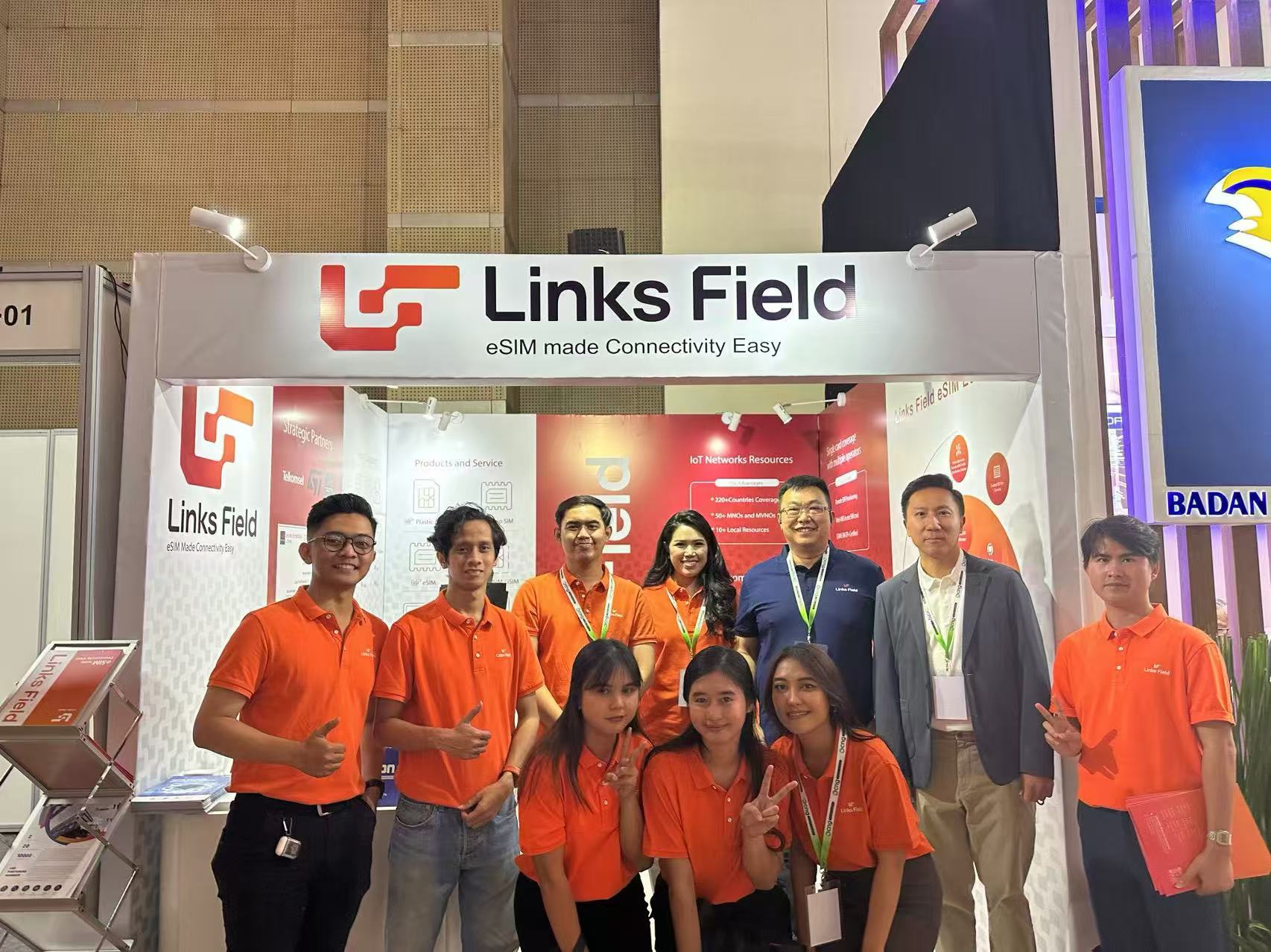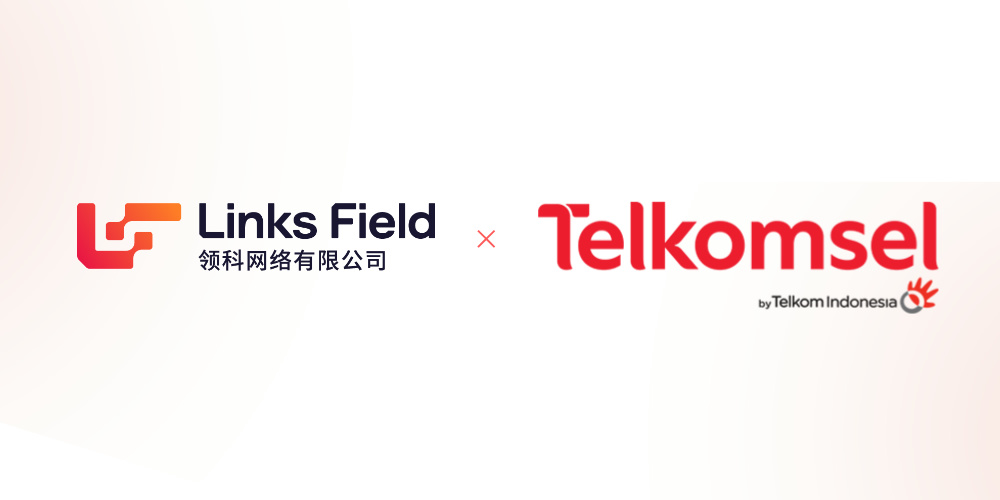During the event, we observed the diversity and potential of the Indonesian IoT market and recognized the main obstacles Indonesia faces in pursuing sustainable development, and what Links Field can contribute.
1 Establishing Connectivity for Indonesia’s 17,500 Islands
Indonesia, comprised of approximately 17,500 islands, faces unique connectivity challenges. These challenges affect not only economic development but also progress in critical areas like education, healthcare, and agriculture. Links Field is committed to transforming Indonesia’s connectivity landscape, overcoming geographical barriers to provide reliable IoT network connections to the dispersed island groups, allowing remote areas to enjoy the benefits of the digital age. This means online learning platforms can deliver quality education resources to the remotest corners, telemedicine services can alleviate uneven distribution of medical resources, and intelligent agriculture management systems can help large agricultural companies improve production efficiency, enabling precision farming even in remote areas. Links Field’s SoftSIM/eSIM technology is particularly suited to multi-island nations like Indonesia, allowing flexibility in switching networks based on regional conditions, ensuring optimal connectivity, which is crucial for providing stable and reliable IoT services.
2 Unlocking the Immense Potential of Southeast Asia’s Electric Vehicle Market
Indonesia has tremendous potential in the electric vehicle sector. As the world’s largest nickel reserve holder, Indonesia has implemented a nickel ore export ban since 2020, only allowing the export of higher-value nickel products. This policy has led numerous international new energy enterprises to establish battery supply chains locally in Indonesia to ensure supply of key raw materials. Meanwhile, the Indonesian government has promoted a series of supportive measures, including setting official electric vehicle targets, limiting the production and sale of internal combustion engine vehicles, and launching consumer incentive programs, vigorously advancing the local electric vehicle market.
However, the current shortage of charging infrastructure remains a major bottleneck to the development of the electric vehicle market. In response, Indonesia is actively expanding its national charging network. At the same time, innovative IoT connectivity technologies are providing new solutions to this challenge. Links Field’s SoftSIM/eSIM technology can equip charging stations with intelligent connectivity modules, ensuring stable network connections. Through Links Field’s self-developed connectivity management platform (CMP), charging station operators can monitor the status of charging stations in real-time, optimizing resource allocation. For users, this means they can access real-time charging station information and remotely book charging services. This intelligent management maximizes the utilization of existing charging facilities, while also providing valuable data support for future infrastructure expansion.
3 Promoting the Development of Electric Two-Wheelers in Southeast Asia
Compared to cars, two-wheelers are more accessible transportation tools, with one in two people in Indonesia owning a motorized two-wheeler. Motorcycles are ubiquitous on streets and alleys. However, environmental pollution from motorcycles is increasingly severe. To address this, the Indonesian government has been actively promoting the electrification of two-wheelers in recent years, encouraging the public to choose electric motorcycles over fuel-powered ones. However, overcoming range and cost challenges is essential for achieving this shift.
“Battery swap stations” provide a solution similar to shared power banks, reducing the cost of vehicle ownership and extending range performance. Links Field’s solutions can offer reliable data transmission and monitoring systems for battery swap station operators, allowing each operation to be accurately recorded and analyzed. Through IoT connectivity, operators can monitor battery rental statuses and usage conditions in real-time, enabling early warning of battery faults or abnormalities, ensuring user experience and vehicle safety.
Links Field also strives to enhance the intelligence of electric motorcycles. Our IoT connectivity technology allows owners to use GPS to track vehicle locations for anti-theft tracking and to monitor key information such as battery levels, travel speed, and maintenance needs in real-time.
4 More Possibilities
Links Field’s IoT connectivity technology will also open up more possibilities for Indonesia’s digital transformation. In the smart wearables sector, eSIM/SoftSIM solutions can provide seamless global connectivity for Indonesia’s popular smart watch market. Considering Indonesia’s archipelago geography, Links Field can offer reliable network connections for GPS tracking devices in logistics and fleet management. As the tourism industry recovers, our technology can aid service robot operations in smart hotels. In the electronic payments space, we can support reliable operation of mobile POS machines nationwide, promoting the development of Indonesia’s electronic payment ecosystem.
The successful conclusion of IDTEx2024 has deepened Links Field’s understanding of the needs in the Indonesian and Southeast Asian markets and strengthened our partnerships with local companies like Telkomsel. With our expertise in global IoT connectivity, we are confident in supporting Southeast Asia’s digital transformation, achieving leapfrog development in the digital wave.

